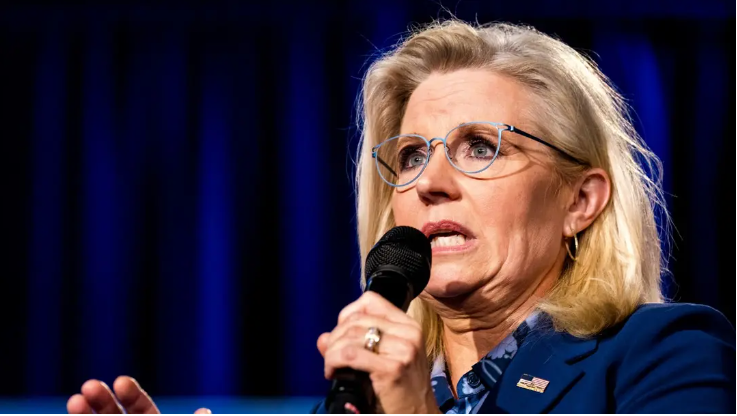King Charles Expresses Regret for Colonial Abuses in Kenya
Britain's King Charles has expressed his 'greatest sorrow and deepest regret' at what he called 'abhorrent and unjustifiable acts of violence' against Kenyans during their struggle for independence and sovereignty....

Facts
- Britain's King Charles has expressed his 'greatest sorrow and deepest regret' at what he called 'abhorrent and unjustifiable acts of violence' against Kenyans during their struggle for independence and sovereignty.1
- Though he didn't deliver a formal apology, King Charles told a state banquet in Nairobi on Tuesday that there was 'no excuse' for British wrongdoings in the East African country. In response, Kenya's Pres. William Ruto commended the King for addressing the 'uncomfortable truths.'2
- Previously, the Kenya Human Rights Commission — which claims that the colonial administration was responsible for the extrajudicial torture and killings of 90K Kenyans between 1895 and 1963 — had urged Charles to formally apologize for the violence.3
- Charles' visit comes at a time when former colonies, including Barbados and Jamaica, have demanded that the UK acknowledge and apologize for the alleged gross human rights violations and unresolved injustices committed during its decades of colonialization.4
- The King reportedly issued a symbolic royal apology as he could only issue an official apology if Prime Minister Rishi Sunak had given his consent. Further, a formal apology reportedly could have been taken as an admission of liability and lead to legal claims.2
- In 2013, the UK government agreed to pay £20M ($24M) as compensation to more than 5K Kenyans and issue a 'statement of regret' to settle a class-action lawsuit over atrocities found to have been committed during the Mau Mau emergency between 1952 and 1960.5
Sources: 1Daily Mail, 2BBC News, 3Al Jazeera, 4Reuters and 5The Guardian.
Narratives
- Establishment-critical narrative, as provided by The Guardian. King Charles has only reasserted what was admitted a little over a decade ago — that the British colonial administration had committed torture and abuses against the Kenyan people. If the King truly wanted to break with the notion of imperial exceptionalism, he should have apologized and offered reparations for Britain's colonial atrocities. There was no better, more symbolic place for his first formal apology than Kenya.
- Pro-establishment narrative, as provided by Spectator (UK). Given the controversial nature of the subject of his speech, King Charles would draw criticism either for going too far or not far enough in acknowledging British culpability for abuses in Kenya. Overall, however, his language was balanced and well-judged. Ignoring these issues would be short-sighted, but a full formal apology could trigger a domino effect in nations previously under British rule.






